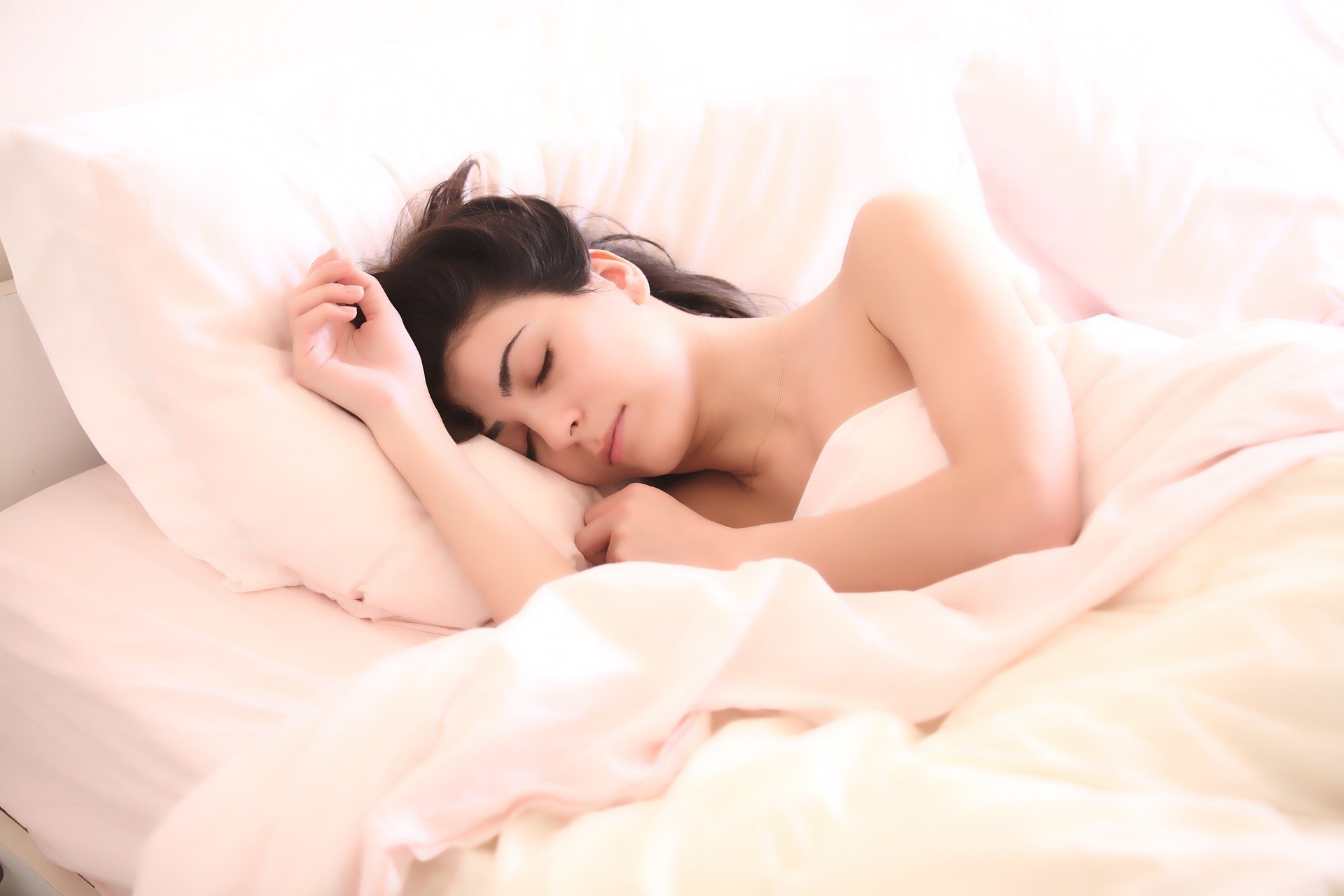While we spend so much time finding the right gear and training program, we pay only so little attention to something at least as important: sleep. It’s unfair to expect your body to perform at its best every day if you don’t give it the recovery it deserves.
As a rule of thumb it is generally believed that for an optimal night of rest, people should sleep about eight hours. Some people can deal fine with a little less and others might need more, but generally most people don’t spend enough of their time in bed. There are a few things that can help you sleep better and more.
1. Track your sleep
For starters, it’s good to find out how many hours you sleep now. Looking back at last week; what time did you go to bed, and when did the alarm go off?
It’s possible to track your sleep with a smartwatch to give you a detailed overview of when you are awake, and when you are fast or light asleep. Not all watches are accurate in tracking this though, and it might only stress you out to see that you haven’t slept well according to your watch, while your body tells you something completely different.
2. Plan your bedtime
If you plan, for instance, to be in bed by 10:30 pm, there is a smaller chance you will end up spending hours in front of your TV or scrolling over Facebook. You’ll thank yourself the next day when you feel fresh and have no regret for staying up way too late.
3. Screen time
It’s common knowledge that the blue light of your phone, laptop, or even the TV, suppresses melatonin production. That’s why it’s best to avoid using screens too much just before bedtime. Additionally, you could change your settings to “night mode” in the evening for a warmer light.
4. Fresh air
It’s not only healthier, you also sleep better in a well-ventilated bedroom. People also tend to sleep better in a slightly cold room. For that reason, it’s good to open up a window at night.
5. Food
While sleeping on an empty stomach is difficult, it’s sometimes even worse to try and sleep right after eating a large meal. Avoid eating big portions just before bedtime, so that your body isn’t too active trying to burn calories when you want to sleep.
6. Caffeine
There’s a big chance you already know that drinking coffee just before bedtime is no good idea, but in case you still postpone your coffee until late in the evening, it might be an idea to avoid caffeine after a certain hour.
7. Training before bedtime
Just like caffeine makes you more alert, so does a workout. Many people experience difficulty falling asleep right after an intense training session. This could be a result of the high level of endorphins you have after training.
8. Pillow, mattress and sheets
It might be the number one tip for a better night of sleep: invest in a good mattress, pillow and quality bedding. Try out in a shop whether you prefer a hard or soft mattress, and figure out what kind of pillow suits you. Also, the use of high quality bedding can help you sleep better. For instance, cotton sheets will keep you warm without feeling sticky, as opposed to polyester fabric.



